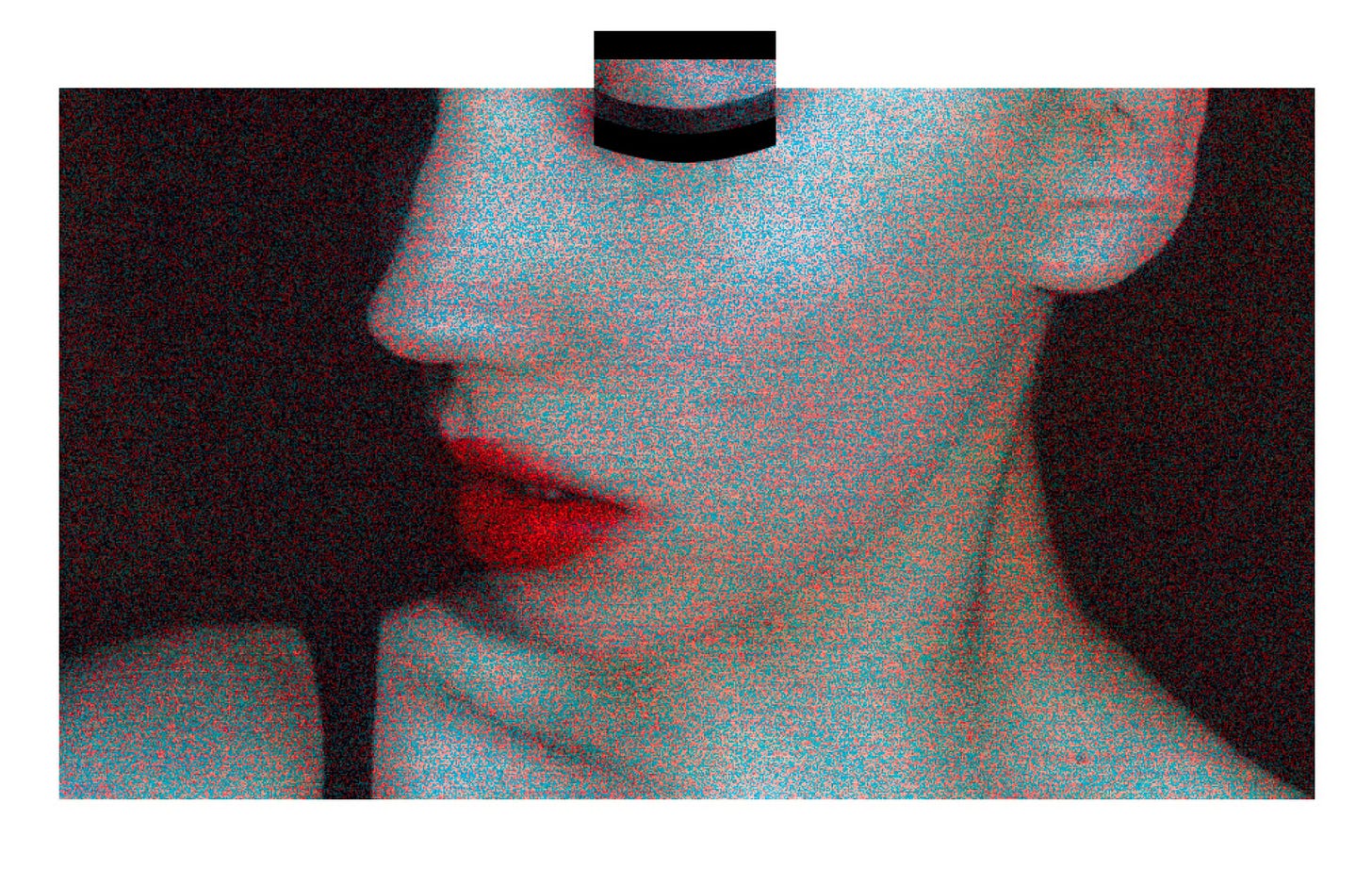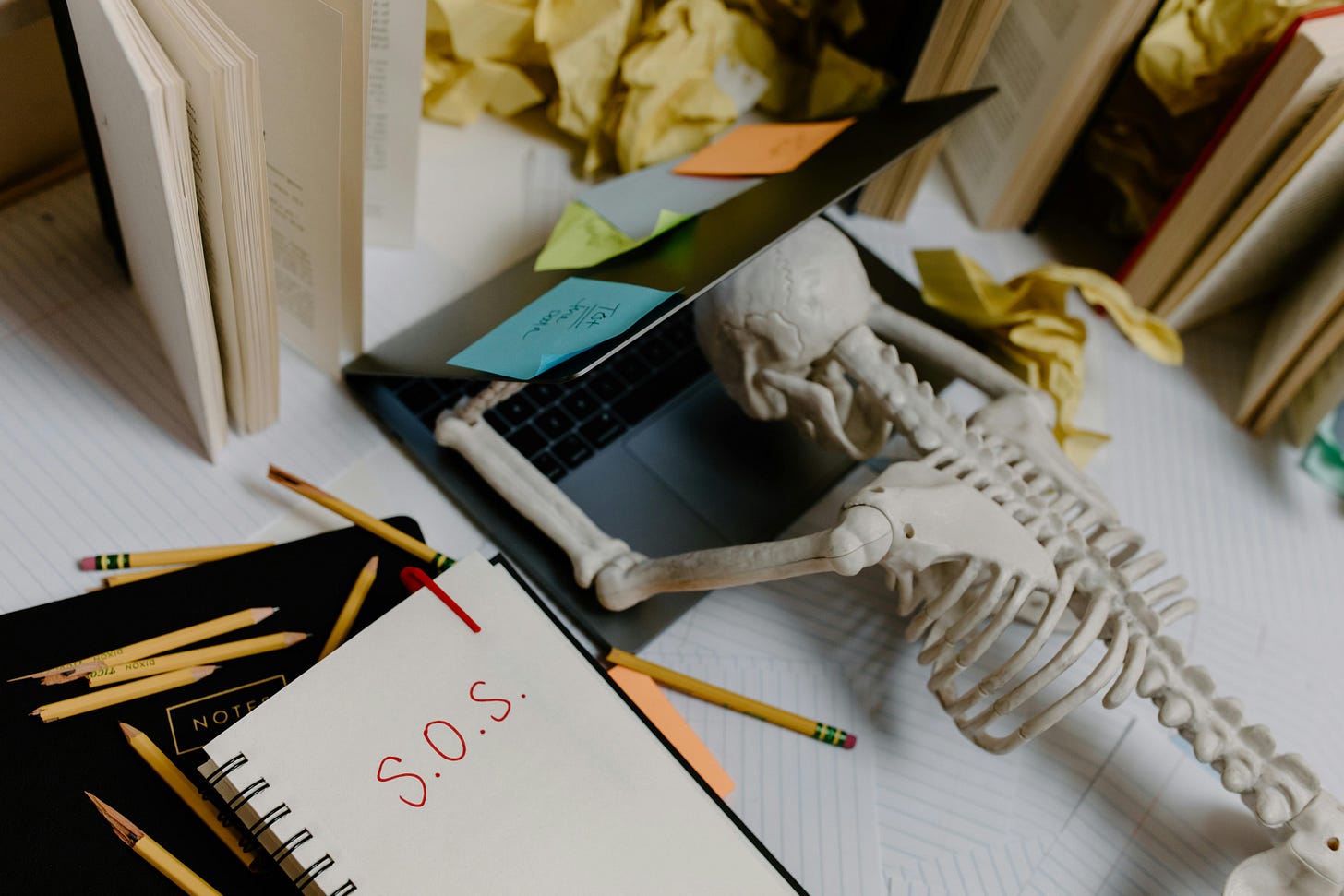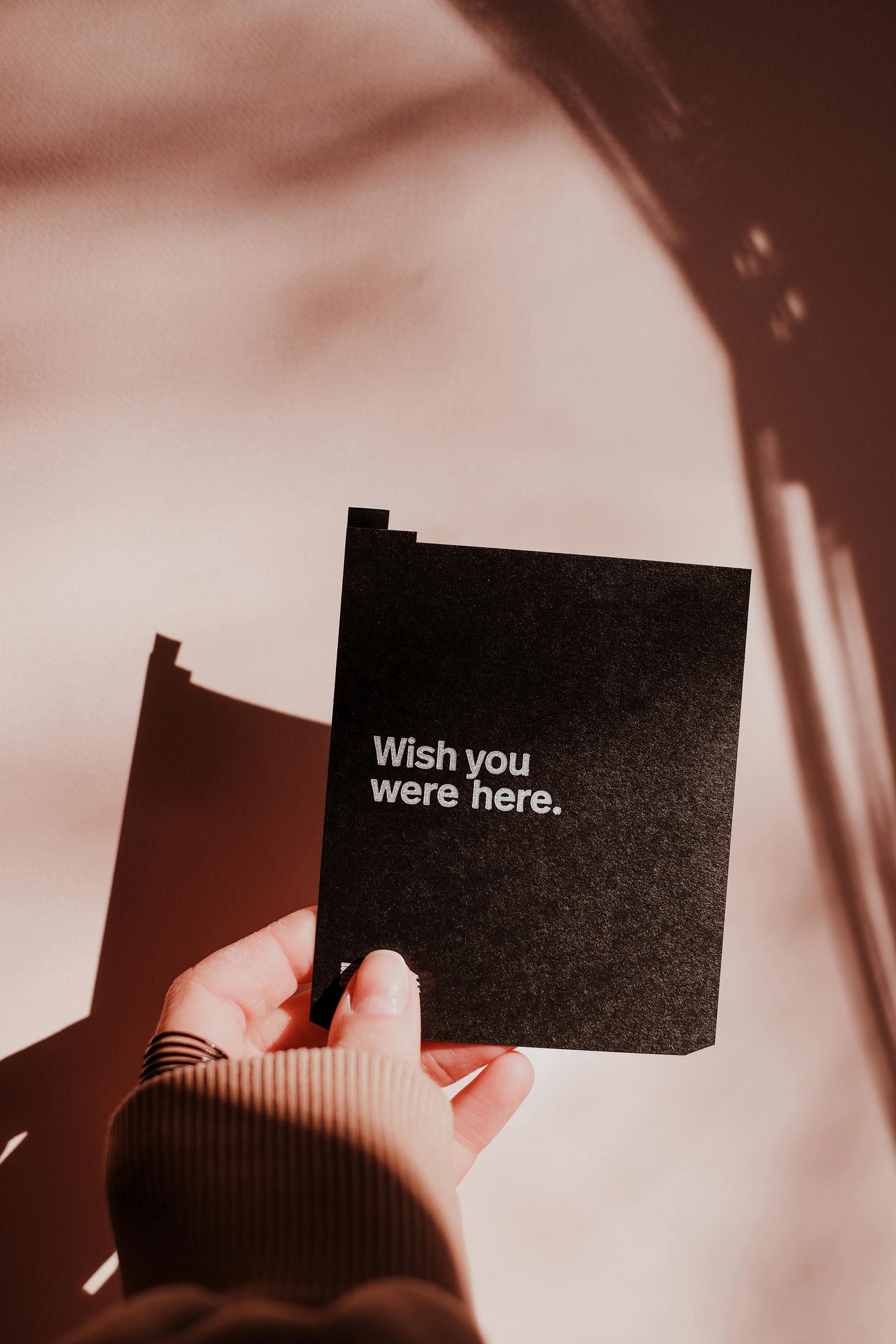I haven’t touched a paintbrush in weeks.
I can barely look at my desk without feeling a mix of guilt, heaviness, and numbness. The paints are still there. The half-finished projects are still waiting, quietly. But the parts of me that usually light up with curiosity or creativity? They’re gone.
And it’s not for lack of trying. It’s just that I’m tired. Bone-tired. Body-tired. Spirit-tired.
I just finished an eight-week semester—three online courses compressed into two months—and I feel like I’ve been wrung out and left to dry. I knew it would be hard. I also knew I needed those hours to qualify for the scholarships that paid for school. I didn’t have a real choice. I did what I had to do.
And now I’m here. In the aftermath.
When Special Interests Become Too Loud
As an autistic person, my special interests have always been my compass. Art. Writing. Mixed media journaling. Watching film and analyzing it down to the grain. Crafting with my hands. They’ve helped me feel like me.
But lately, even they feel unreachable. Or worse—demanding.
There’s this myth that special interests are always energizing, always accessible, always joyful.
But what happens when the very things that once soothed you suddenly feel like too much? When the idea of engaging with them feels like work? When you crave the comfort of them, but your nervous system says no?
I’m in a kind of autistic shutdown where even my special interests feel like obligations. Where everything I want to do has weight. And I don’t want to do things that weigh me down. Not even good things.
The only things I’ve been able to engage with are passive: binge-watching TV, falling into hours-long true crime or documentary rabbit holes, light video gaming, eating comfort food. Sometimes I smoke a little more weed. I’ve been drinking a little more too—not in ways that scare me, but enough to notice. Enough to know I’m trying to cope.
And I can feel the judgment knocking at the door.
You’re Not Lazy, You’re Exhausted
This is where the inner dialogue used to spiral.
Why can’t you get up? You’re being lazy. You’re wasting your life. You’re just not trying hard enough.
But something’s shifted in me since my autism diagnosis three and a half years ago. The hateful voice is still there but it’s quieter now. And a gentler one has started to speak up in its place:
You’re doing the best you can. You’re not lazy, you’re exhausted. You’re not broken, you’re in recovery. It’s taken years to start believing that. And even now, I have to remind myself daily.
Because as a late-diagnosed autistic person, I spent most of my life learning to gaslight myself. Learning to push through, override, mask, and suppress. I learned early that my needs were inconvenient. That my exhaustion was imaginary. That I could only ask for help if I looked a certain kind of helpless.
Now, I’m trying to unlearn all that. And it’s hard.
Fatigue Isn’t Just Tiredness
What I’m experiencing isn’t laziness. It’s a shutdown. A neurobiological response to overwhelm. It’s what happens when your brain has been operating on overdrive for too long with too little support.
I didn’t request accommodations this summer because I didn’t feel like I had the right to. Maybe I still don’t believe I’m disabled enough to ask for help. This is part of that gaslighting that all late diagnosed people are baptized in.
But here’s the thing: when I say I’m exhausted, I mean I’m processing too much. Constantly. Autistic people often experience up to 42% more sensory input than neurotypicals. That includes emotional, physical, mental, and environmental data. And we don’t have the same automatic filters that help others tune it out.
The system wasn’t built for our brains. It was built on a myth of sameness. Everyone gets one box to stand on—never mind if you’re too short to see over the wall. That’s what this feels like. Constantly being handed the same tools as everyone else and being blamed when they don’t work for you.
I Miss Me
I miss the me who painted for hours. Who collaged and journaled and got lost in the joy of making something new. I miss the part of me that felt alive inside a special interest, not buried beneath it.
Right now, I feel like I’m under a pile of my own desires. I can see them all stacked up, gathering dust—but I can’t move. And no amount of guilt or pushing or forcing will help me move faster. I’m learning to stop trying to punish myself back into productivity.
Because I’m not a machine. I’m not a failure. I’m an autistic person in recovery from pushing too hard, for too long.
What Even Is a Special Interest Anymore?
Sometimes it’s a TV show you’ve seen twelve times. Sometimes it’s just eating the same frozen meal because you know it won’t overwhelm you. Sometimes it’s lying still, letting your brain binge true crime because at least the story structure is predictable.
That’s still connection. That’s still comfort. That’s still care.
My special interests haven’t left me. They’re just resting, waiting for me to come back when I’m ready. I don’t need to be “on” for them all the time. I don’t need to earn them. They’ll still be mine.
And when I feel ready—when I’m no longer in survival mode—I’ll paint again. I’ll walk again. I’ll cook again. I’ll create again.
But for now, I’m healing. And that’s more than enough.
If you’re feeling this way too…
You’re not alone.
You’re not broken.
And your special interests will wait for you, just like mine are waiting for me.
💙
Lindsay
💌 Want more writing like this?
If this post resonated with you, consider becoming a paid subscriber. Your support helps me create thoughtful, tender writing about neurodivergence, healing, creative living, and the in-between spaces. Paid members also get access to exclusive content, behind-the-scenes essays, and community conversations.
➡️ Upgrade to a paid subscription if you want to support my work—and thank you for being here, in whatever capacity you can. Every read, every comment, every quiet nod means the world. 💙








